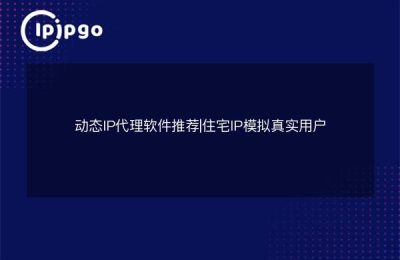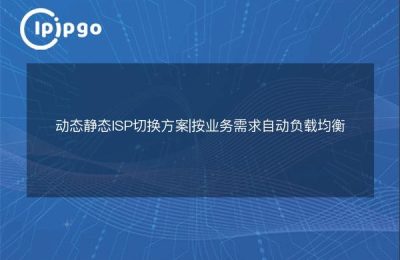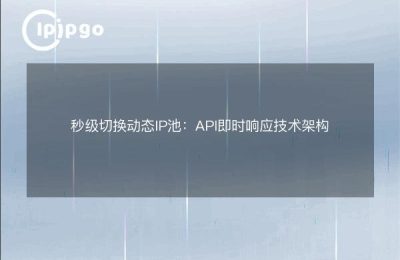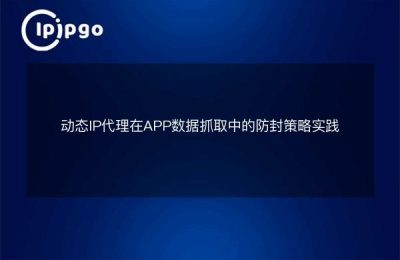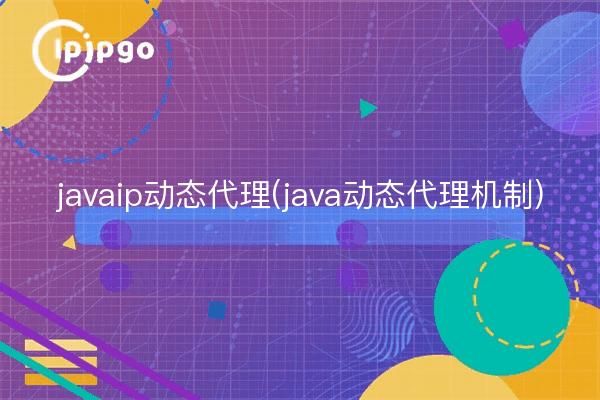
In Java programming, the dynamic proxy mechanism is a very important technique that helps developers to create a proxy class at runtime for replacing the real class, thus enabling access control and enhancements to the real class. Dynamic proxy mechanism is widely used in various fields, such as RPC frameworks, AOP programming and so on. In this article, we will introduce the dynamic proxy mechanism in Java and its usage in detail.
javaip dynamic proxy
The dynamic proxy mechanism in Java is implemented through the Java reflection mechanism. When using a dynamic proxy, you first need to define an interface, then write a proxy class that implements the InvocationHandler interface, and finally dynamically create the proxy object through the Proxy.newProxyInstance() method. The following is a simple sample code:
"`java
// Define an interface
public interface Hello {
void sayHello();
}
// Proxy class that implements the InvocationHandler interface.
public class MyInvocationHandler implements InvocationHandler {
private Object target.
public MyInvocationHandler(Object target) {
this.target = target;
}
@Override
public Object invoke(Object proxy, Method method, Object[] args) throws Throwable {
System.out.println("Before method calling");
Object result = method.invoke(target, args);
System.out.println("After method calling");
return result;
}
}
// Dynamically create proxy objects
public class Main {
public static void main(String[] args) {
Hello hello = new HelloImpl();
InvocationHandler handler = new MyInvocationHandler(hello);
Hello proxyHello = (Hello) Proxy.newProxyInstance(
hello.getClass().getClassLoader(),
hello.getClass().getInterfaces(),
handler);
proxyHello.sayHello();
}
}
“`
In the above example, we first defined a Hello interface and then wrote a proxy class MyInvocationHandler that implements the InvocationHandler interface.In the Main class, we used the Proxy.newProxyInstance() method to dynamically create the Hello interface's proxy object proxyHello and call the sayHello() method through it. During the calling process, the proxy object will output "Before method calling" and "After method calling" successively, which realizes the access control and enhancement of the real class methods.
dynamic agent mechanism
The dynamic proxy mechanism provides greater flexibility and extensibility for Java programming. With dynamic proxies, we can dynamically create proxy classes at runtime without having to determine the type of the proxy class at compile time. This opens up the possibility of writing more general and flexible code. In addition, dynamic proxies can also help us realize AOP programming, unified logging, performance monitoring, security control and other processing of method calls without modifying the original code logic.
In conclusion, the dynamic proxy mechanism in Java is a very powerful technology that has a wide range of applications in a variety of fields. Hopefully, this article has provided you with some help in understanding and applying dynamic proxies.

